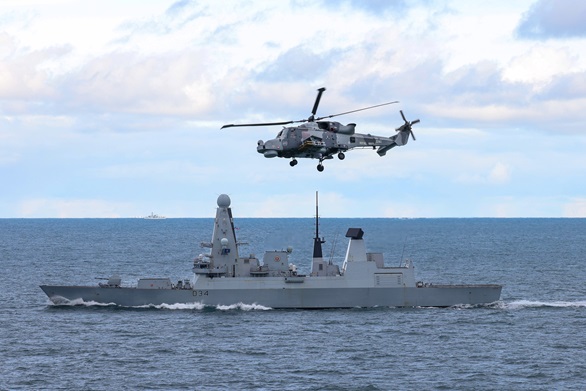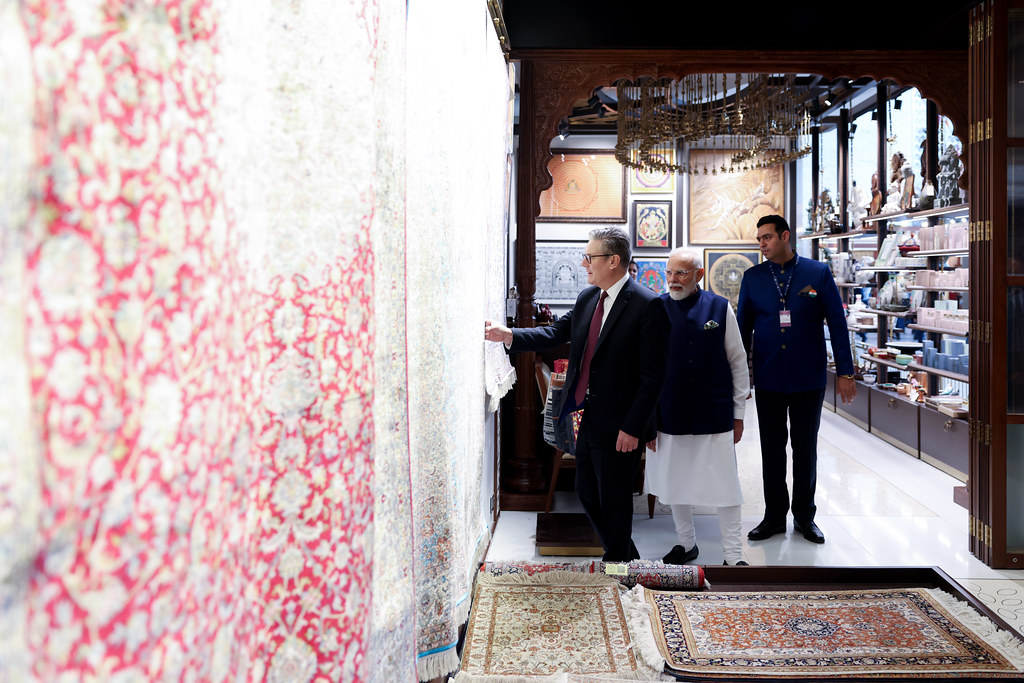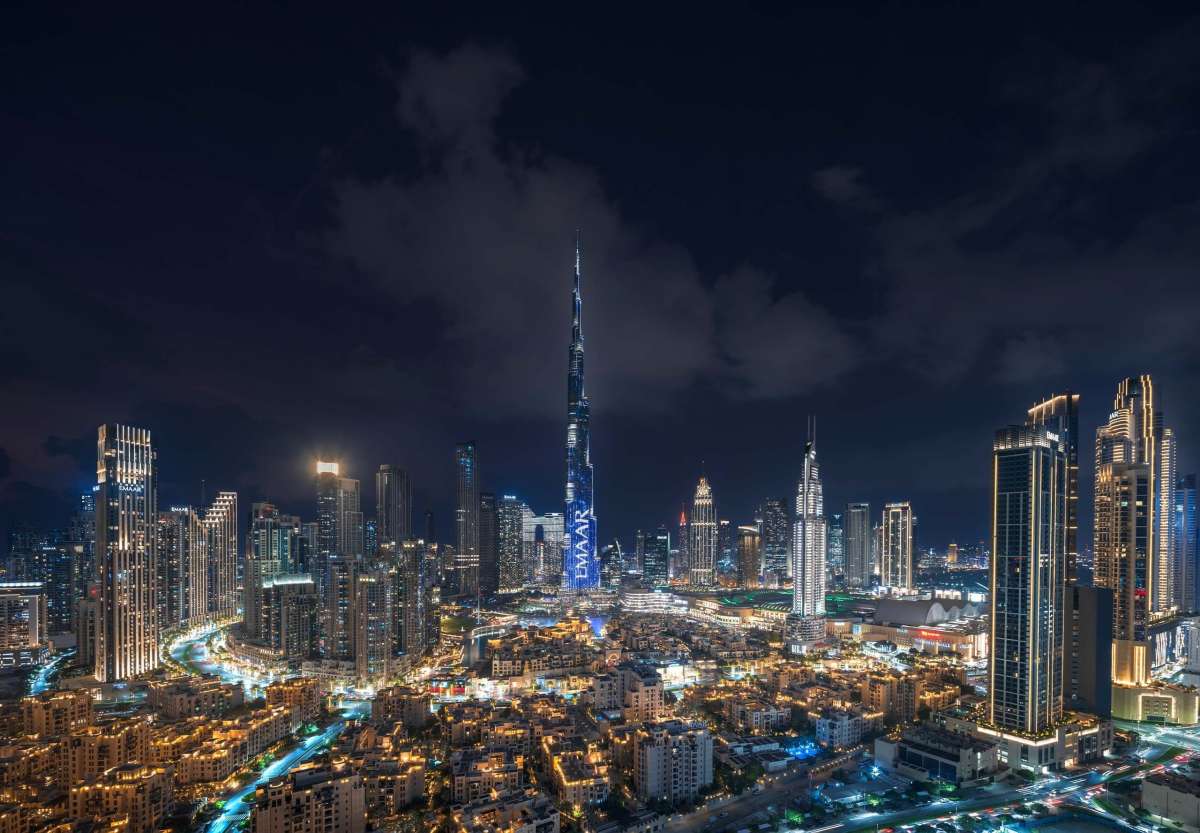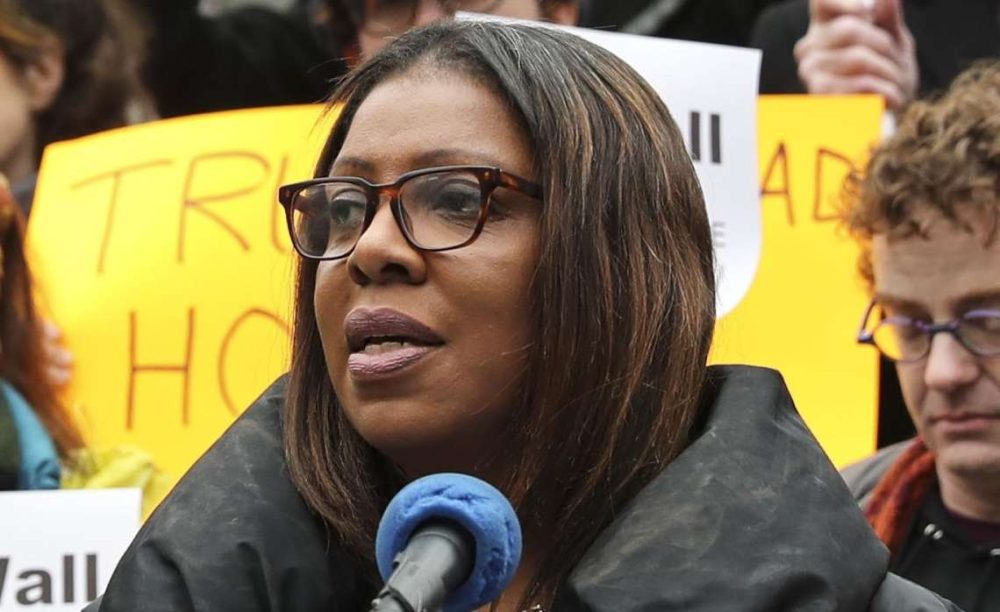Tension has soared in the Red Sea area since Yemen’s Houthis launched a campaign of attacks on international shipping in November…reports Asian Lite News
Britain’s Ministry of Defence on Sunday announced the government would spend £405 million ($514 million) on improving a missile system currently being used by the Royal Navy to shoot down drones fired by Houthi rebels at ships in the Red Sea.
Tension has soared in the Red Sea area since Yemen’s Houthis launched a campaign of attacks on international shipping in November.
The Sea Viper Air Defence system will be upgraded with missiles featuring a new warhead and software enabling it to counter ballistic missile threats, the ministry said.
“As the situation in the Middle East worsens, it is vital that we adapt to keep the UK, our allies and partners safe,” British Defence Secretary Grant Shapps said.
“Sea Viper has been at the forefront of this, being the Navy’s weapon of choice in the first shooting-down of an aerial threat in more than 30 years.”
The contract for the missiles upgrade was won by the British division of MBDA, a joint venture between Airbus, BAE Systems and Leonardo.
Last week Shapps visited HMS Diamond in the Red Sea, which has used the Sea Viper missile system to intercept drones used by Houthi rebels. HMS Diamond, three US destroyers and a French warship comprise the current US-led international task force Operation Prosperity Guardian.
“A cutting-edge weapon system, Sea Viper continues to provide the Royal Navy with impressive lethality,” said Rear Admiral Anthony Rimington. “Sea Viper Evolution further enhances this capability against the more complex and evolving threats and strengthens our co-operation and interoperability with key partners.”
HMS Diamond, part of Operation Prosperity Guardian in the Red Sea, has the capability to use the
Meanwhile, Saudi Arabia is concerned about the escalation of hostilities between the Iran-backed Houthis in Yemen and the US and its allies in the Red Sea, the kingdom’s Foreign Minister said on Sunday.
Of course we are very worried,” Prince Faisal bin Farhan told CNN’s Fareed Zakaria GPS in an interview that was due to air on Sunday. “We are in a very difficult and dangerous time in the region, and that’s why we are calling for de-escalation,” he said.
The Houthis claim the attacks are aimed at pressuring Israel to stop its war in Gaza, in which more than 25,000 people have been killed since October 7. The group, which rules much of central and northern Yemen, including the capital Sanaa, is backed by Iran and opposes Israel.
After months of attacks, including on US warships, the US and the UK launched air strikes against Houthi targets in Yemen. The US has followed up with several rounds of strikes since but the Houthis have continued attacking ships and repeatedly pledged they will not stop.
On Saturday, the US military said it struck a Houthi anti-ship missile that was being prepared for launch into the Gulf of Aden.
“US forces determined the missile presented a threat to merchant vessels and US Navy ships in the region, and subsequently struck and destroyed the missile in self-defence,” the US Central Command said in a statement on X. The move follows three similar strikes late on Friday.
US President Biden has said air strikes would continue even though he admitted they may not be halting Houthi attacks.
The container vessel Kota Rahmat approaches Bab Al Mandeb off Obock, Djibouti. Cargo ships crossing the Red Sea are declaring they have no links to Israel to avoid being targeted by Yemen’s Houthis. Getty Images
The container vessel Kota Rahmat approaches Bab Al Mandeb off Obock, Djibouti. Cargo ships crossing the Red Sea are declaring they have no links to Israel to avoid being targeted by Yemen’s Houthis. Getty Images
Global trade and inflation risks
Most of the world’s large shipping companies are avoiding the Red Sea and the Gulf of Aden, choosing to reroute their vessels travelling from Asia to Europe and vice versa round the Cape of Good Hope at the southern tip of Africa.
“We will only return [to the Red Sea] when we deem the passage safe ad secure, this is still not the case yet,” Nils Haupt, a director at Hapag-Lloyd, told The National.
Shipping rates have soared as a result of the rerouting. For example, the cost of shipping a 40ft container from Port Klang in Malaysia to Rotterdam in the Netherlands has increase by more than 200 per cent to $5,100, according to research by the website FMT.
Economists say there is a good chance the added costs will feed through to inflation, particular in European countries, as companies pass the added costs on to the prices charged to customers.
“As well as potential product and materials shortages, many companies will be forced to turn to air freight, further increasing costs and their carbon impact and eating into profit margins,” said Phil Bulman, partner at global management consultancy Arthur D. Little.
ALSO READ-Time Ticking: UAE Warns US of Wider Mideast Crisis














